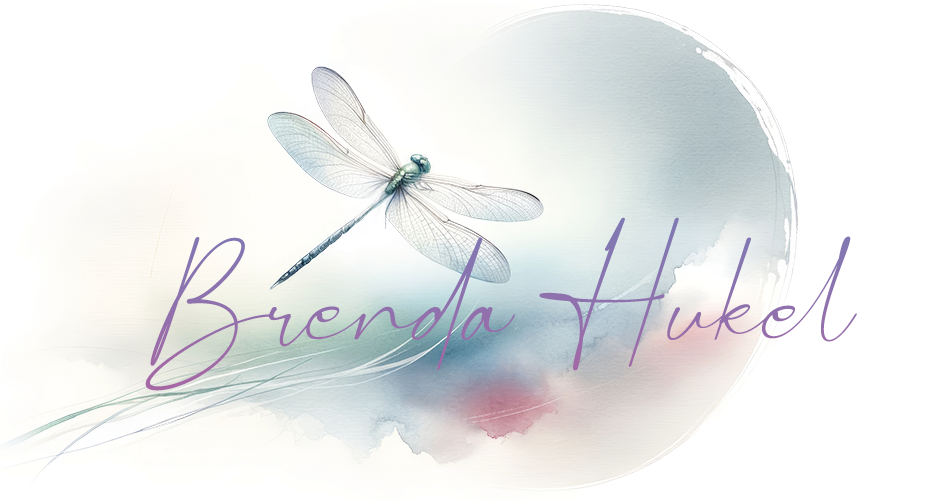In the intricate tapestry of human experience, there exists a shadowy figure that often eludes our conscious awareness—the unconscious victim, entangled in a web of victim mentality. This subtle tyrant quietly asserts its influence, shaping our perceptions, thoughts, and behaviors while masquerading as the innocent recipient of life’s hardships.
But what does it truly mean to be an unconscious victim, and how does it manifest in our lives?
Unconscious victimhood is when we relinquish our power to external forces without realizing it. It’s a subtle and insidious mindset that permeates our psyche, coloring our perceptions and influencing our actions in ways that undermine our sense of empowerment and autonomy.
At its core, unconscious victimhood is characterized by a lack of self-awareness and personal responsibility. Instead of acknowledging our role in creating our reality, we fall into a mentality of blame and helplessness, attributing our struggles and challenges to external circumstances or other people.
One hallmark of unconscious victimhood is the tendency to engage in self-sabotaging behaviors. Whether it’s procrastination, self-doubt, or negative self-talk, these patterns reinforce our sense of powerlessness and perpetuate a cycle of failure and disappointment.
The impact of unconscious victimhood extends beyond individual experiences; it ripples through relationships, communities, and society.
In personal relationships, it can foster codependency, enabling destructive dynamics. In the workplace, it leads to burnout and disengagement as individuals resign themselves to believing they have no control over their professional growth or success.
Unconscious victimhood perpetuates cycles of injustice and oppression by reinforcing the status quo and inhibiting progress toward positive change. When individuals feel powerless to challenge systemic inequalities, they become complicit in their own oppression, contributing to social injustices.
But perhaps the most insidious aspect of unconscious victimhood is its ability to masquerade as righteousness. By playing the victim, we may believe we are morally superior or deserve sympathy and validation. Yet, this mindset only keeps us trapped in disempowerment and suffering.
To truly discern whether we’re unconsciously adopting a victim mindset, we must set aside our egos and take a closer, compassionate look at the recurring stories we tell ourselves and others.
Recognizing Signs of Unconscious Victimhood and Victim Mentality
- You blame others for personal circumstances.
- You feel powerless to change one’s situation.
- You constantly seek validation or sympathy.
- You struggle with taking responsibility for your actions.
- You dwell on past injustices or failures.
- You resist feedback or constructive criticism.
- You view yourself as always being at the mercy of external forces.
- You repeatedly experience feelings of self-pity or hopelessness.
- You constantly compare yourself unfavorably to others.
- You adopt a defeatist attitude towards challenges or obstacles.
Healing from Unconscious Victimhood
Once we’ve acknowledged the presence of unconscious victimhood in our lives, we can begin the process of healing and transformation. Here are some steps to guide you on your journey:
- Develop Self-Awareness: Recognize and acknowledge when you are operating as a victim. Awareness is the first step towards change.
- Self-Reflection: Observe your thoughts, emotions, and behaviors without judgment. Notice when you slip into a victim mentality and gently redirect your focus towards empowering beliefs and actions.
- Ownership and Accountability: Embrace the truth that you are the co-creator of your reality. Instead of blaming others for your circumstances, take ownership of your choices and commit to positive changes in your life. Acknowledge that while you may not have control over external circumstances, you do have control over how you respond to them.
- Empowerment: Shift your focus from what you cannot control to what you can control. Identify areas of your life where you can take proactive steps to create positive change.
- Positive Thinking: Change to a mindset of gratitude and positivity—practice reframing negative thoughts into more empowering affirmations.
- Setting Boundaries: Learn to communicate your needs and boundaries to others. This helps prevent feelings of victimization by giving you a sense of power and control.
- Practice Forgiveness: Release the need to hold onto resentment or anger towards yourself or others. Forgive yourself for past mistakes, and forgive those who may have wronged you.
- Practice Self-Love: Shower yourself with compassion, kindness, and acceptance. Recognize your inherent worthiness and embrace yourself as a divine being of light and love.
- Seek Support: Surround yourself with supportive individuals who uplift and encourage you. Consider seeking therapy or counseling to work through deeper-rooted issues and develop healthier coping mechanisms.
- Engage in Self-Care: Prioritize self-care activities that nourish your mind, body, and spirit.
As you embark on the path to healing from unconscious victimhood, remember that it is a journey of self-discovery, growth, and transformation. Be gentle with yourself, trust in the process, and know that you have the power within you to break free from the chains of victimhood and step into the radiant light of empowerment and wholeness.



0 Comments